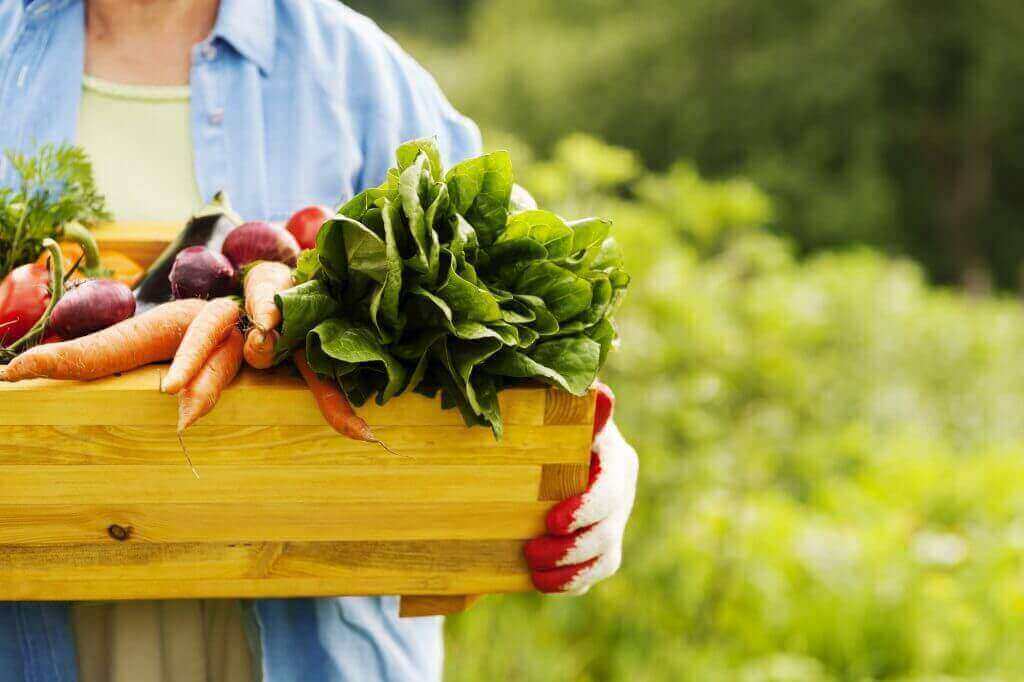The use of Epsom salts for plants goes back for hundreds of years. Gardeners have recognized the therapeutic benefits of using Epsom salts fertilizer on their plants since the early days of Epsom in Epsom, England. Originally touted as an herbal remedy, using Epsom salts for tomato plants has now run a close second to its original usage as a health product. Growing tomatoes is one of the easiest and most rewarding gardening experiences you can have, but knowing how to use Epsom salts in growing tomatoes is vital to a successful result.
The benefits of Epsom salts are numerous. It is inexpensive, easily available, and the perfect addition to your organic gardening supply list. Plants thrive better when they receive the vitamins, minerals, and essential nutrients that come with regular water, however, shallow roots are a significant disadvantage in cultivating plants. Therefore, deep roots are a primary source of moisture, nutrients, and oxygen which is necessary for thriving plants. By making use of Epsom salts, you will be able to increase the amount of deep roots in your garden. It is well-known that the beneficial properties of Epsom salts in growing plants help it gain deep roots, thus, making it easier for it to thrive even in harsh weather conditions.
History of Epsom Salts in Gardening
The use of Epsom salts for gardening started in the 1800’s. People began using this salt to remedy foot fungus, headaches, stomach cramps, and many other ailments. After realizing the many health benefits it brings, people began applying the salt to various crops and fruits in an attempt to apply it to improve their health. Today, the use of Epsom salts for gardening is still prevalent because it is easily accessible and cheap. However, it is not advisable to use it on tomatoes because of the possibility of damaging its delicate leaves.
There is a possibility that by using Epsom salts for plants, you might have an unexpected plant outbreak. This happens when the roots are trying to take up too much space in the soil. If the roots are deep, it will not be easy for the gardener to eradicate them. If this happens, the result will be irregular blooming of tomatoes and a poor harvest in the coming years. The best thing to do if you are experiencing this problem is to remove the damaged roots, and re-root the whole tomato plant using organic soil materials.
Used to Treat Soil
Despite the downsides, the popularity of using Epsom salts for gardening has not diminished at all. In fact, the salt helps to improve your soil structure and improve water and nutrient retention. That is why it is used to treat soil most especially when growing plants with deep roots.
Another advantage of using Epsom salts for gardening is that it can be mixed together with other ingredients to make a slurry that can be used as an irrigation solution. You can also mix it with sea water to make a fine spray to reduce weed growth. It is good for removing lime scale from the garden soil and is said to help prevent blossom end rot. However, there are reports that it can cause certain diseases.
How does Epsom Salt for gardening work? When mixed with water, the Epsom salts will act as a deodorizer. This is because the salts absorb moisture, odors and bacteria that might be present on the soil. It is also beneficial to clean the dirt deep down to the roots. This way, weeds will not grow through the cracks of the soil. As a result, you can protect your tomatoes, peppers and other vegetables from blossom end rot or any diseases.
Aside from providing an organic fertilizer, this salt can also soften the soil for plants that need it. If the soil is too hard, they will be unable to take up moisture from the ground. They are also safe to use in any kind of plants. Be sure that you follow the directions to ensure that you don’t overdo it and damage the plant.
